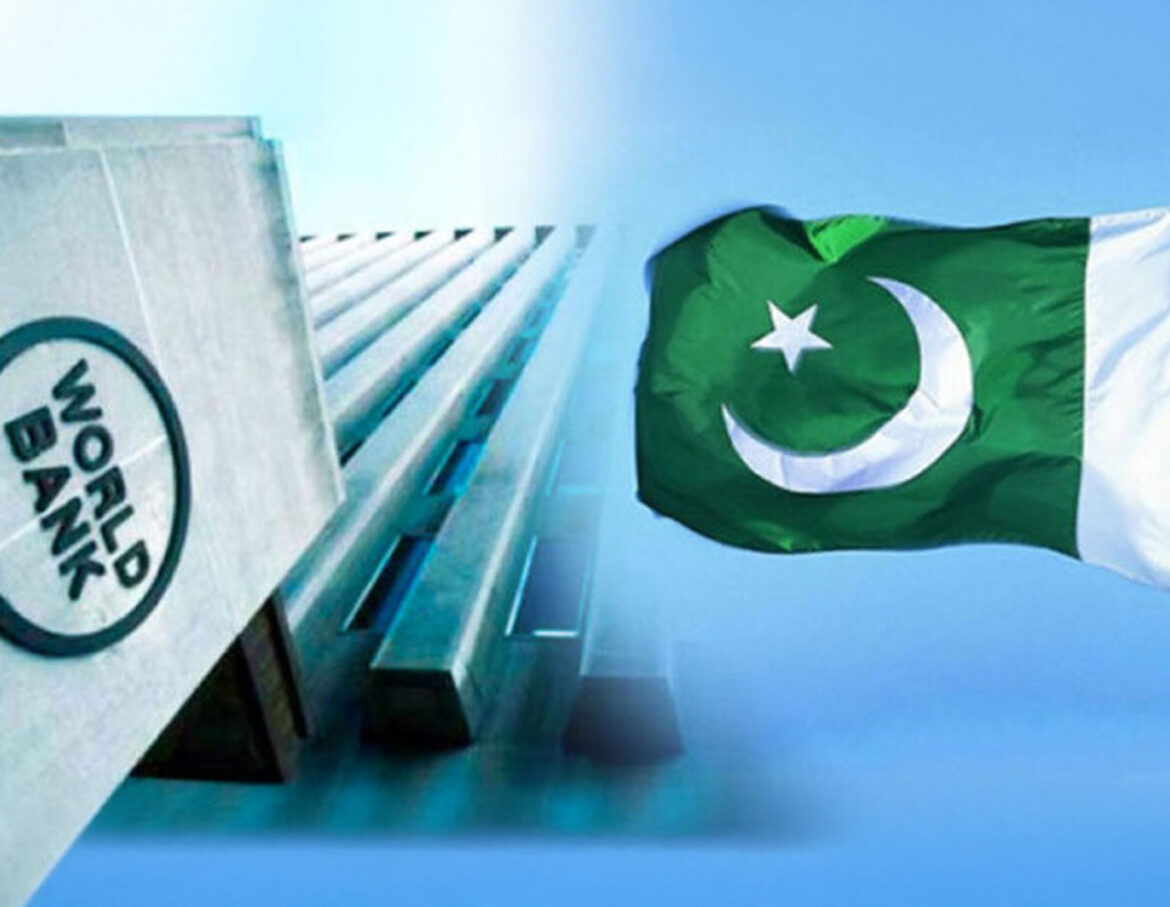In a significant financial setback, the World Bank has canceled over $500 million in budget support for Pakistan due to the country’s failure to meet key conditions, including restructuring power purchase agreements under the China-Pakistan Economic Corridor (CPEC). The decision jeopardizes Pakistan’s financial planning, which anticipated $2 billion in external financing during the current fiscal year.
The cancellation also signals a halt in any new budgetary support from the World Bank for fiscal year 2025, further complicating the nation’s financial outlook.
Conditions Not Met
The Affordable and Clean Energy Program (PACE-II), approved in June 2021, had a $400 million first tranche released on schedule. However, disbursement of the second tranche was contingent on several stringent conditions, including:
- Restructuring power purchase agreements with Independent Power Producers (IPPs) and Chinese power plants under CPEC.
- Addressing inefficiencies in power distribution companies.
- Reducing the circular debt burden.
Negotiations with China to revise the CPEC power agreements reportedly failed, with Beijing refusing to restructure the $16 billion debt or alter the terms of existing agreements.
World Bank’s Stance
A World Bank spokesperson confirmed that PACE-II was initially planned for fiscal year 2022 but cited “slower-than-expected progress” as the reason for adjusting the lending strategy. The spokesperson further stated, “No budget support is in the pipeline for the current fiscal year.”
Implications for Pakistan
The development poses a serious challenge for Pakistan, already grappling with economic instability and external debt repayment pressures. The canceled loan was initially intended to bridge the external financing gap, but its removal underscores concerns about Pakistan’s ability to implement necessary structural reforms.
Economic analysts warn that the loss of this critical funding could exacerbate the fiscal deficit and hinder economic recovery. As Pakistan’s quota for concessional financing from the World Bank is nearing its limit, the country faces mounting pressure to explore alternative funding sources and implement urgent reforms to regain donor confidence.



